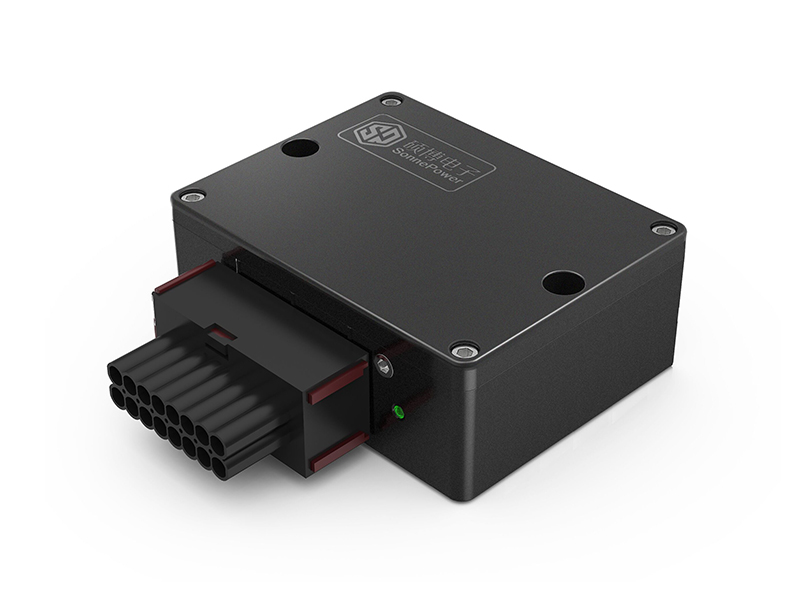Choosing the Right I/O Module for Your Machinery: A Comprehensive Guide
In the realm of industrial machinery, selecting the appropriate Input/Output (I/O) module is paramount to ensuring optimal performance and functionality. With a plethora of options available in the market, navigating through the myriad choices can be daunting. Fear not, as we, the experts in industrial automation, are here to guide you through the process of choosing the right I/O module for your specific needs.

Understanding Your Requirements
Before delving into the realm of I/O modules, it is essential to have a clear understanding of your machinery's requirements. Consider factors such as:
Machinery Specifications
Evaluate the specifications of your machinery, including voltage requirements, signal types, and communication protocols. Understanding these intricacies will narrow down your options and facilitate a more targeted selection process.
Environmental Conditions
Take into account the environmental conditions in which your machinery operates. Factors such as temperature extremes, humidity levels, and exposure to dust or chemicals can impact the selection of an appropriate I/O module.
Types of I/O Modules
Digital I/O Modules
Digital I/O modules are the cornerstone of industrial automation, facilitating the control of digital signals such as on/off switches and sensors. When selecting a digital I/O module, consider factors such as voltage compatibility, input/output count, and response time.
Analog I/O Modules
Analog I/O modules enable the processing of continuous signals, allowing for precise control and monitoring of variables such as temperature, pressure, and flow rates. When choosing an analog I/O module, pay close attention to resolution, accuracy, and signal range compatibility.
Specialty I/O Modules
In addition to digital and analog modules, there exists a myriad of specialty I/O modules tailored to specific applications. These may include high-speed counter modules, relay output modules, and serial communication modules. Evaluate your machinery's unique requirements to determine if any specialty modules are necessary.
Factors to Consider Choosing the I/O Modules
Compatibility
Ensure compatibility between the selected I/O module and your existing automation system. Consider factors such as communication protocols, voltage levels, and physical form factor to avoid compatibility issues.
Scalability
Plan for future expansion by selecting scalable I/O modules that can accommodate the evolving needs of your machinery. Look for modular designs that allow for easy integration of additional modules as your system grows.
Reliability
Prioritize reliability when selecting an I/O module, as downtime can lead to costly disruptions in production. Choose reputable brands known for their quality craftsmanship and robust performance in industrial environments.
Ease of Installation and Maintenance
Opt for I/O modules that offer ease of installation and maintenance, minimizing downtime and streamlining operational efficiency. Look for features such as tool-less wiring terminals, diagnostic LEDs, and intuitive configuration software.
Selecting the Right I/O Module for a Manufacturing Plant
Let us consider a hypothetical scenario where a manufacturing plant seeks to upgrade its automation system with new I/O system. After conducting a thorough assessment of their machinery's requirements, environmental conditions, and future scalability needs, the plant opts for a combination of digital and analog I/O modules from a trusted manufacturer.
The selected modules offer seamless integration with the plant's existing PLC system, providing robust performance in harsh industrial environments. With their modular design and plug-and-play functionality, installation is completed swiftly, minimizing downtime and maximizing productivity.
Conclusion
Choosing the right I/O module for your machinery is a critical decision that can significantly impact performance, efficiency, and reliability. By understanding your requirements, exploring the various types of I/O modules available, and considering factors such as compatibility, scalability, and reliability, you can make an informed decision that meets the unique needs of your industrial automation system.
None

Comments